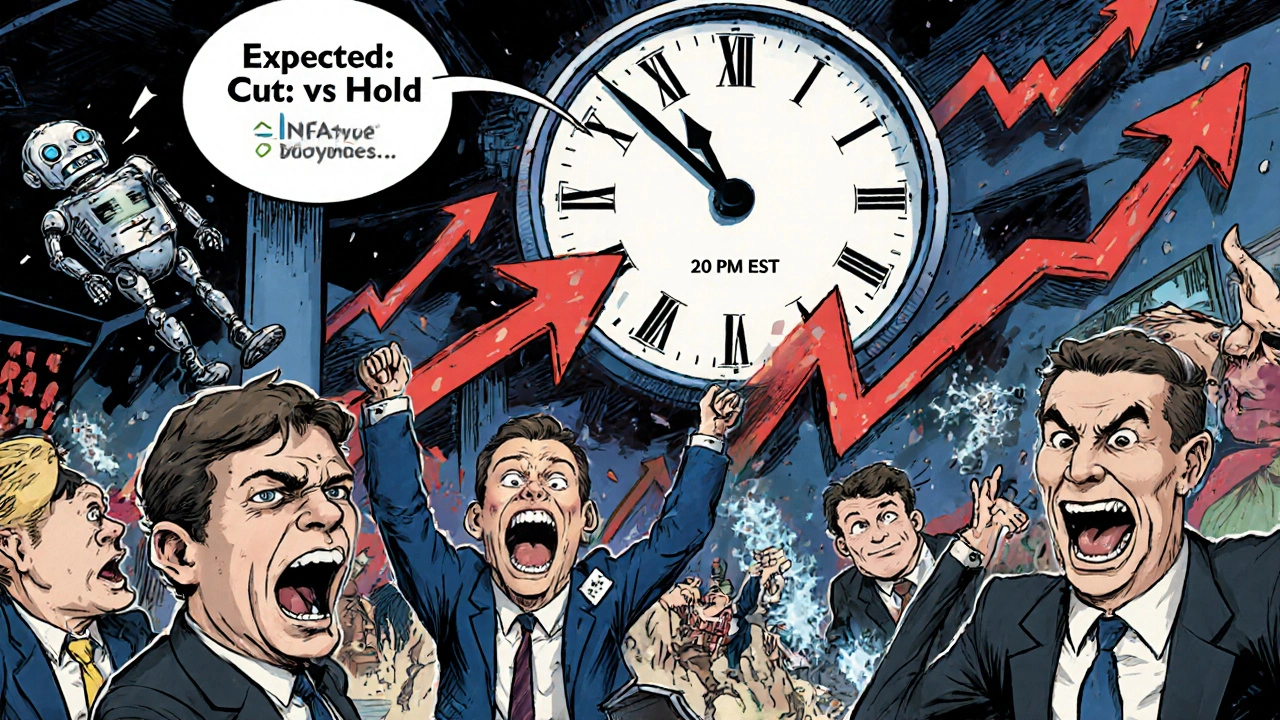Event Trading: How to Profit from Market Moves Before They Happen
When you trade based on event trading, a strategy that bets on price movements triggered by specific, predictable corporate or economic events. Also known as news-based trading, it’s not about guessing where the market will go—it’s about knowing when something big is about to happen and positioning yourself ahead of it. This isn’t gambling. It’s planning. Think of it like waiting for a train: you don’t need to know every stop it’ll make, but if you know it’s arriving at 3:17 p.m., you show up at 3:10.
What kinds of events move markets? earnings season, the quarterly periods when public companies release their financial results is the biggest one. A single earnings report can swing a stock 10% or more in minutes. Then there’s corporate events, like mergers, acquisitions, spin-offs, or dividend announcements—each creates a clear before-and-after moment. Product launches, FDA approvals for biotech firms, or even Fed interest rate decisions fall into this category too. These aren’t random spikes. They’re predictable triggers, and smart traders build entire strategies around them.
Event trading works because markets react faster than most people realize. If you’re waiting for the news to break before acting, you’re already late. The real edge comes from knowing what to expect, how the market usually reacts, and where the consensus might be wrong. For example, if everyone expects a company to beat earnings but the stock has already climbed 20% in the weeks leading up, the real opportunity might be in the opposite direction. That’s where experience and data matter more than gut feeling.
You don’t need to be a Wall Street analyst to do this. Many traders use free tools like earnings calendars, SEC filings, and analyst estimates to spot these events weeks in advance. The key is consistency—not chasing every headline, but focusing on the ones that have a proven track record of moving price. Some traders focus only on tech earnings. Others stick to biotech FDA decisions. The best event traders narrow their focus so they know exactly what to watch and when to act.
There’s risk, of course. Events can go sideways. Analysts can be wrong. But when you trade events with a plan—setting stop-losses, sizing positions based on volatility, and avoiding over-leverage—you’re not gambling. You’re managing probability. And that’s how the most successful traders turn noise into opportunity.
Below, you’ll find real guides from traders who’ve nailed this approach. Whether it’s how to trade earnings without losing your shirt, what to look for in merger announcements, or how to avoid the traps that wipe out 90% of beginners, these posts cut through the noise. No fluff. Just what works.
Event Trading: How to Trade Fed Days, CPI Reports, and Earnings Weeks
Learn how to trade Fed Days, CPI reports, and earnings weeks with a proven strategy that targets predictable market volatility. Discover what separates profitable traders from those who lose money.
View More